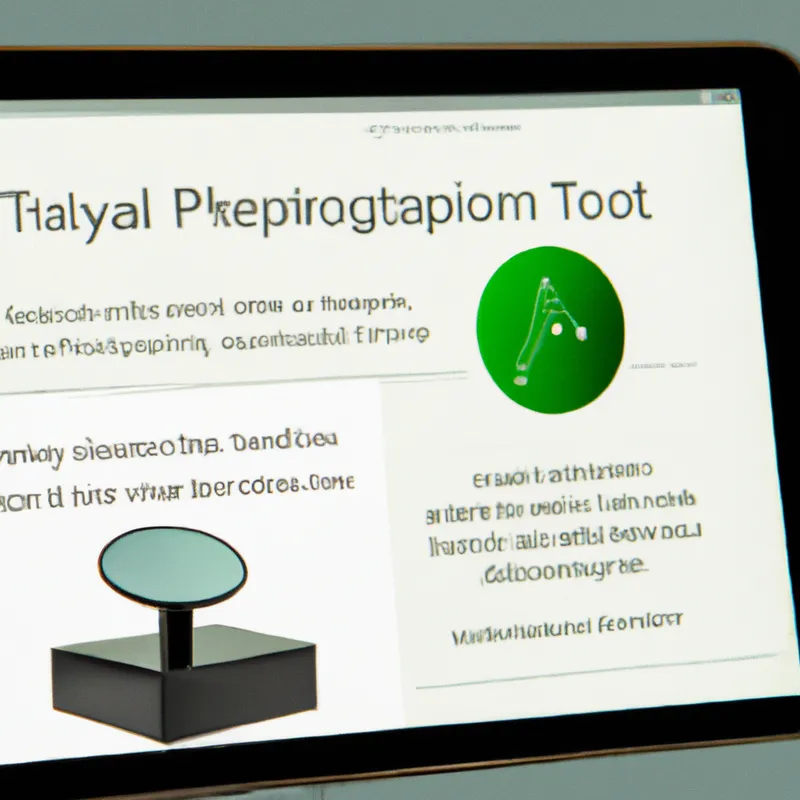Boost Efficiency in Healthcare with Virtual Helpers
Exploring the Use of Virtual Assistants in Patient Monitoring
Technology has transformed healthcare, creating opportunities for better patient care and efficiency. Virtual assistants (VAs) lead this change, providing innovative solutions for patient monitoring and engagement. By integrating VAs into healthcare practices, providers can enhance care, streamline processes, and improve health outcomes. This blog explores the multifaceted role of virtual assistants in patient monitoring and their benefits for patients and providers.
The Role of Virtual Assistants in Healthcare
Virtual assistants can perform various tasks in healthcare settings. They manage appointments, provide medication reminders, monitor patient progress, and assist in patient education. VAs utilize advanced technologies like natural language processing and machine learning to understand and respond to patient queries quickly and accurately. This significantly improves communication between patients and providers.
One exciting capability of virtual assistants is analyzing health data trends. By collecting information on vital signs, medication adherence, and lifestyle choices, VAs identify potential health issues early. This proactive approach allows providers to intervene promptly, enhancing outcomes and reducing hospital readmissions.
Enhancing Patient Engagement
Patient engagement is critical for monitoring and managing health conditions. Virtual assistants enhance engagement by facilitating seamless communication between patients and providers. With 24/7 availability, patients can ask questions and receive immediate responses, empowering them to take charge of their health.
In addition to answering queries, VAs send personalized health tips and reminders. For instance, they remind patients to take medications, attend follow-up appointments, or engage in healthy behaviors. By reinforcing positive actions and providing continuous support, VAs help patients adhere to treatment plans, leading to better health outcomes.
Furthermore, VAs create more interactive experiences for patients. Many virtual assistants offer educational content, such as articles or videos tailored to specific health needs. This access to relevant information enhances patients’ understanding of their conditions and the importance of adhering to prescribed treatments.
Streamlining Administrative Tasks
Healthcare providers often face numerous administrative tasks that detract from patient care. Virtual assistants can alleviate this burden by automating routine tasks. They schedule appointments, manage patient records, and process billing inquiries. This allows healthcare professionals to focus more on patient care than paperwork.
Moreover, VAs efficiently gather patient feedback through automated surveys and analyze responses. By understanding patient satisfaction and areas needing improvement, providers can refine their services, leading to better experiences.
Using virtual assistants can also result in more efficient resource use. Automating administrative functions reduces the need for additional staff, resulting in cost savings. Providers can redirect these savings to patient care initiatives or technological upgrades.
Tips for Implementing Virtual Assistants
Implementing VAs requires careful planning.
Conclusion
In summary, virtual assistants significantly improve patient monitoring and engagement, enhancing healthcare outcomes.
Below are related products based on this post:
FAQ
What tasks can virtual assistants perform in healthcare settings?
Virtual assistants can manage appointments, provide medication reminders, monitor patient progress, and assist in patient education. They utilize advanced technologies like natural language processing and machine learning to understand and respond to patient queries quickly and accurately.
How do virtual assistants enhance patient engagement?
Virtual assistants enhance patient engagement by facilitating seamless communication between patients and providers. They offer 24/7 availability for questions, send personalized health tips and reminders, and provide educational content tailored to specific health needs, which empowers patients to take charge of their health.
What administrative tasks can virtual assistants help streamline for healthcare providers?
Virtual assistants can automate routine administrative tasks such as scheduling appointments, managing patient records, and processing billing inquiries. This allows healthcare professionals to focus more on patient care and less on paperwork, ultimately improving efficiency and patient experiences.















Post Comment